Because I’d never driven before, they arranged for a carpool with the music teacher, who lived in the same trailer park I’d moved to. He was young, like me, and dressed like he was pretending to be a professor. I don’t even think his glasses were real. But I guess I was trying to look a way, too, with my pleated skirt swinging like a ringing bell and a pencil stuck through my curls.
He drove an old blue pickup truck he said the high school auto shop fixed up for him at a discount, and it must’ve been a hell of a discount because it still smelled like flood water and the vents blew only hot air, so I rolled my window down right away. We kept passing old, rusty equipment pressed into the craggy sides of mountains. I imagined “rural” meant farms when I signed up for the program. Sweet, family farms and a small white schoolhouse.
“So you’re teaching French?” the music teacher asked. “Yeah,” I replied.
“You ever taught in a school like this before?” he asked.
“Yeah,” I lied. Truth was, I’d never taught in any school before. Just tutoring. After school. I couldn’t stand how fake we both were, in this moment, but I didn’t know how else to be.
He turned right, into a parking lot overgrown with weeds. Heat rose off the cracking tar. We weren’t at the school yet—it was a corrugated metal shack. Painted on a piece of standing plywood were the words Taco Rick’s.
“Pro-tip,” said the music teacher. “It’s cheaper than cooking for yourself, sometimes.”
I reached into my purse and pulled out the clear plastic water bottle I’d filled up that morning. “I’m only drinking juice right now.”
The music teacher raised his eyebrows. “Isn’t that expensive?”
“Can’t put a price on health,” I answered weakly and I blushed at the look on his face because disbelief, that was the look he had on his face.
“Aren’t you gonna pass out?” He followed up quickly with, “It’s pretty hot. I would pass out.”
I shrugged. “Nah,” I said. “I got this.” Because this was my new life. And I was determined to ignore how they didn’t have kale or spinach or anything green except iceberg lettuce at the grocery store and how I had to make my juice with fruit from cans in a barely functional blender in a trailer in a trailer park and I definitely had not thought this all through. Because I had had a vision. I was gonna look a way. Be a way. I was gonna teach some farmers’ kids some French. Rural.
My vision just about evaporated into the heat when the music teacher came back to the car with a tight little breakfast burrito, smothered in hot sauce and nestled in shining tinfoil. I could smell the egg, the potato, the beans. I took a sip of my juice. It tasted like a warm fruit cup. I gulped.
A half hour later, I was in to the taupe hallway, pushing a cart, loaded up with thirteen near- ancient French textbooks, a projector and a tape player, which I didn’t think they even made anymore. One of the wheels was squeaky and dragging and I muscled the cart forward, looking for room 203, which didn’t mean it was on the second floor like you’d think, just in the “200’s” hallway, which is an asinine way to organize a building.
Second grade. First thing, first day, second grade. I consulted my sheet. Ms. White’s class, 203, three times this week for half an hour at a time. Not near enough to learn a language and then next week they’d only have me once. I couldn’t figure out the method. I thought I was gonna have a classroom until the music teacher had set me straight, hot sauce running down his chin and dangerously close to his professorly tie.
I banged the door open with my butt and dragged the car in behind me. When I turned, I stared down into the green eyes of a little girl with straggly, dishwater blonde hair and eyelashes so pale they were translucent. “You have legs like sausages,” she said, and clapped her hands over her mouth as the class laughed. There was genuine surprise in those green eyes, like she couldn’t believe what she’d done, so I smiled even though I felt like I was cracked and breaking.
“What’s your name?” I asked.
“Cheyenne. Sorry, ma’am.” I flaked some more—legs like sausages and old enough to be a ma’am. Or big enough to be a ma’am. Miss was only for delicate people. But it wasn’t her fault, she was just calling it like she saw it.
“It’s not sausages,” I said. “It’s saucisson. Un saucisson.” It’s a fun word to say and they repeated it to me a few times with enthusiasm. While I shouted it back at them like a demented butcher, I counted. Thirty-five children. I eyed my too-small pile of text books. It was time to improvise with the box of half-broken chalk.
“Bonjour!” I wrote. We repeated that word for a while. Then— “Je suis!”
“Tu es!”
“Il est!”
“Elle est!” And so forth.
At the end of class, if you could call it that, Cheyenne looked up at me, her teeth sticking out in all directions. “Je suis,” she said proudly, “un saucisson.”
I snorted because kids are funny. “No,” I said, “You aren’t a sausage! Tu es une fille!”
“Je suis une fille,” she said back and I was floored. One measly lesson and this child made a sentence. She was marvelous.
Then I had the fourth graders. Room 400, Ms. Jackson’s class. It was a totally different story. There were no exclamation points at the ends of repeated sentences, when I could get them to repeat anything at all. Mostly they sat, drawing on their own arms with gel pens. Some stared out the window. Some passed notes, not even bothering to contort themselves so I couldn’t see, not bothering even to pretend to hide.
I found myself slamming one of the unusable textbooks down onto my cart. “What’s up with you all today?” I asked, loud and angry and pretending I knew what they were like on other days, like this wasn’t the first time we’d ever faced down each other. “You’re performing at a lower level than my second graders!”
A few of them blinked at me. Once. Twice. A boy in the front row raised his hand. “Yes,” I said, glad someone was finally going to take the chalk from my hand and try a conjugation.
“Ma’am,” he said, “with all due respect. The second graders don’t know yet.” “Don’t know what?”
The boy, freckle faced and shifty eyed, remained calm, as though he were the adult and I was the nine-year-old. “That none of us ain’t never going to France.” There were giggles all around—someone chucked a gel pen at another girl, who tried to catch it and missed, provoking more laughter. But the boy remained solemn, wise. I got lightheaded and reached for my juice, downed the last sickly-sweet sip. My stomach grumbled.
I gave the classroom back to Ms. Jackson five minutes early. When I hauled my cart into the hallway, she followed and lightly touched my elbow. “We’re required,” she said and it startled me because I was thinking about how poorly the class had gone.
“What?”
“We’re required. By the State. To teach at least one foreign language.”
“Then why not pick something—“ I cleared my throat “—something closer to home?” I thought of Taco Rick’s and wondered if they spoke Spanish.
Ms. Jackson turned her eyes downward, toward the taupe tile. “Now that,” she said softly, “I couldn’t tell you.”
Realization hit me in the back of the head like a two-by-four. “I was your only candidate, wasn’t I?”
Ms. Jackson still couldn’t meet my eyes. “Likely, yes.” And that’s how the first three days went.
On the fourth day, I had Ms. White’s second grade class once more. This time, just after recess. I’d come to love the younger students. They threw themselves at things, the second and third graders, with wild abandon. There was hope for them. If me and the music teacher and the art teacher with our carts and hearts, if we all taught them well enough, vigorously enough, maybe they could leave this place, this place with rusting equipment no one looked at anymore.
“Une fille!”
“Un garçon!” And so forth.
I drank my water. Much like the fourth graders, I hadn’t seen any progress with my juice fast. But I figured it had only been three days. Maybe after seven, my face would start to thin.
I felt a tug at my skirt. It was Cheyenne. She smiled up at me and said, “Je voudrais un saucisson.” I near about dropped my chalk. “Very good,” I said.
“What does that mean?” whined the boy sitting, cross legged on the rug, next to her.
Before I could answer, Cheyenne piped up, a smug smile on her face. “I would like a sausage.”
I knelt down so I could look her in the eye, deliver the praise she so rightly deserved. “How did you figure that out?”
“I signed out the computer during recess.” I looked around room 203—there was no computer there. “In the library,” she squeaked. “We can sign it out for five minutes at a time.” She showed me her arm. She’d written, in lime green gel pen, the present and conditional conjugations of the verb vouloir. To want. “Now I just need to memorize it before it washes off. And tomorrow, I’ll get another five minutes!” She was so excited.
“You only get the computer for five minutes?”
“At a time,” she replied. My relief was short lived, because she continued—“There’s only one. So we have to take turns. We can only have two turns if there isn’t a line.” She paused. “There’s pretty much always a line.”
My stomach sank into my saucisson legs. I tried to stand quickly, to hide my dismay from Cheyenne so she wouldn’t get the wrong idea, wouldn’t think it was her. A piercing ring sounded in my right ear and before I could turn my head to see what it was, everything turned purple until, through a tiny porthole, I could only see that eager, little girl face staring at me.
I was looking up at the ceiling and Ms. White’s waif-like face. “Someone go get the nurse,” she said as I pushed myself up on my elbows. I forced myself to smile, feeling bruises and bumps on bits of my body.
“No, it’s okay!” I said. “I just got up too fast.” I didn’t say I’d been drinking nothing but juice for three days. It seemed really silly, just then, that I’d had a vision for myself, that the future could be any different than it was in that moment, on that reading rug, surrounded by children who weren’t going anywhere. Inertia is a force that cannot be reckoned with.
When the day came to an end and the music teacher drove me back down the mountain, I motioned for him to turn left, straight into Taco Rick’s. “Had enough?” he asked.
I wanted to tell him that there was only one computer in the library, that over the course of three days I’d seen one-hundred-fifty students, maybe more, and I hadn’t even gotten to them all yet, that none of them ain’t never going to France. But I didn’t want to show this stranger my soft underbelly. So instead, I said, “yeah.” And, “I’ll be right back.” I pulled the lock up and launched myself up from the front seat.
A man, Taco Rick I assumed, stood behind the counter in the heat. “One breakfast burrito, please.” I felt like I was begging him.
Rick shook his head. “It’s three o’clock in the afternoon, we don’t sell—“ but he held his hands up and stopped his sentence short as I burst into tears. Without any other words, he turned on his heel and began to raid the fridge for eggs. I wiped the tears from my face as best I could and was silent, burrito in bag, all the way to the trailer park.
“You can eat that in here,” the music teacher said gently. “I don’t mind.” But I shook my head, waited until he dropped me at my trailer. It was too hot to eat inside, with nothing but a sorry fan manufacturing an ineffectual breeze. I sat in a lawn chair, one I didn’t own, okay? It was overturned and probably a neighbor’s but it looked abandoned enough, so yeah, I stole a green plastic lawn chair and rigged my umbrella, so big I could’ve never carried it in the city, so it stuck out my window at an angle. And I sat in that lawn chair and ate a breakfast burrito in the middle of the day, looking up at the mountains, the sun glinting off equipment long abandoned. It was hotter than steaming pig intestines and I bit into my burrito and it popped like a zit and it was just as satisfying, all that egg and beans and sausage, and I didn’t care one bit as the hot sauce dribbled down my chin. Not one bit at all.
 Ali Osworth is an adjunct at The New School, where she teaches people how to write on the internet. She’s also the Managing Editor of Barnard’s Scholar and Feminist Online and The Geekery Editor for Autostraddle. She’s a huge nerd.
Ali Osworth is an adjunct at The New School, where she teaches people how to write on the internet. She’s also the Managing Editor of Barnard’s Scholar and Feminist Online and The Geekery Editor for Autostraddle. She’s a huge nerd.
featured image via Christopher Craig on Flickr.
 Henry Israeli’s poetry collections include New Messiahs (Four Way Books: 2002), Praying to the Black Cat (Del Sol: 2010), and god’s breath hovering across the waters, (Four Way Books: 2016). He is also the translator of three books by Albanian poet Luljeta Lleshanaku. He has been awarded fellowship grants from the National Endowment for the Arts, Canada Council on the Arts, and elsewhere. His poetry and translations have appeared in numerous journals including American Poetry Review, Boston Review, Harvard Review, The Iowa Review, The Literary Review, and Tin House, as well as several anthologies. Henry Israeli is also the founder and editor of Saturnalia Books (www.saturnaliabooks.com). Visit www.henryisraeli.com for more details.
Henry Israeli’s poetry collections include New Messiahs (Four Way Books: 2002), Praying to the Black Cat (Del Sol: 2010), and god’s breath hovering across the waters, (Four Way Books: 2016). He is also the translator of three books by Albanian poet Luljeta Lleshanaku. He has been awarded fellowship grants from the National Endowment for the Arts, Canada Council on the Arts, and elsewhere. His poetry and translations have appeared in numerous journals including American Poetry Review, Boston Review, Harvard Review, The Iowa Review, The Literary Review, and Tin House, as well as several anthologies. Henry Israeli is also the founder and editor of Saturnalia Books (www.saturnaliabooks.com). Visit www.henryisraeli.com for more details.

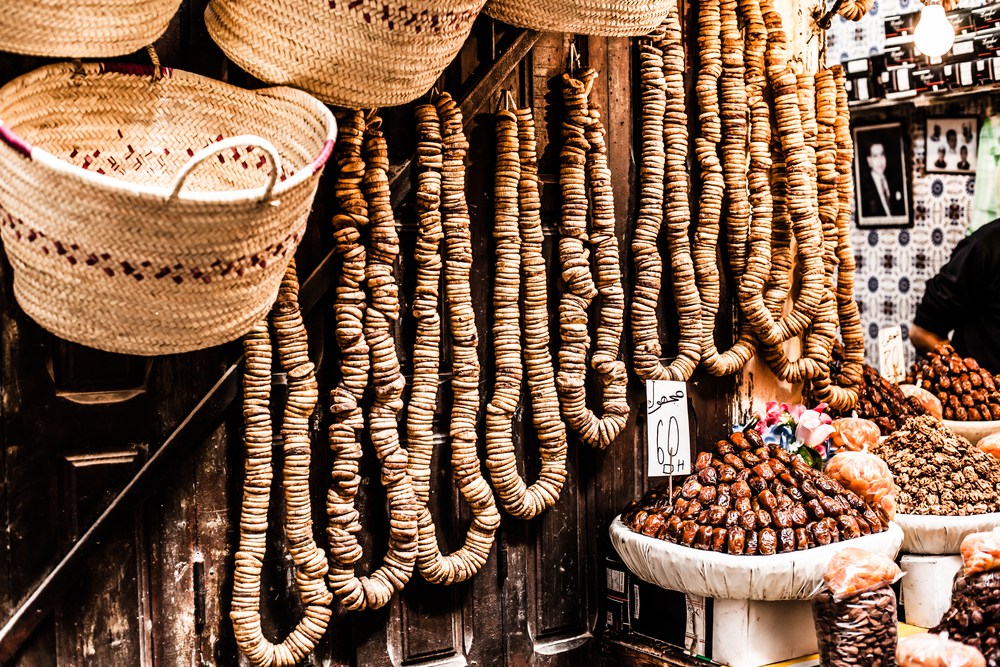
 Dave Snyder is a writer and farmer whose poems, essays and criticism have appeared in Best American Poetry, Gastronomica, Colorado Review, The Iowa Review and elsewhere. He runs a biointensive vegetable farm for Pisticci Restaurant in New York City. Previously, he managed a workplace training farm in Chicago and has worked as an English teacher, radio producer and cartographer.
Dave Snyder is a writer and farmer whose poems, essays and criticism have appeared in Best American Poetry, Gastronomica, Colorado Review, The Iowa Review and elsewhere. He runs a biointensive vegetable farm for Pisticci Restaurant in New York City. Previously, he managed a workplace training farm in Chicago and has worked as an English teacher, radio producer and cartographer.
 Ali Osworth is an adjunct at The New School, where she teaches people how to write on the internet. She’s also the Managing Editor of Barnard’s Scholar and Feminist Online and The Geekery Editor for Autostraddle. She’s a huge nerd.
Ali Osworth is an adjunct at The New School, where she teaches people how to write on the internet. She’s also the Managing Editor of Barnard’s Scholar and Feminist Online and The Geekery Editor for Autostraddle. She’s a huge nerd.
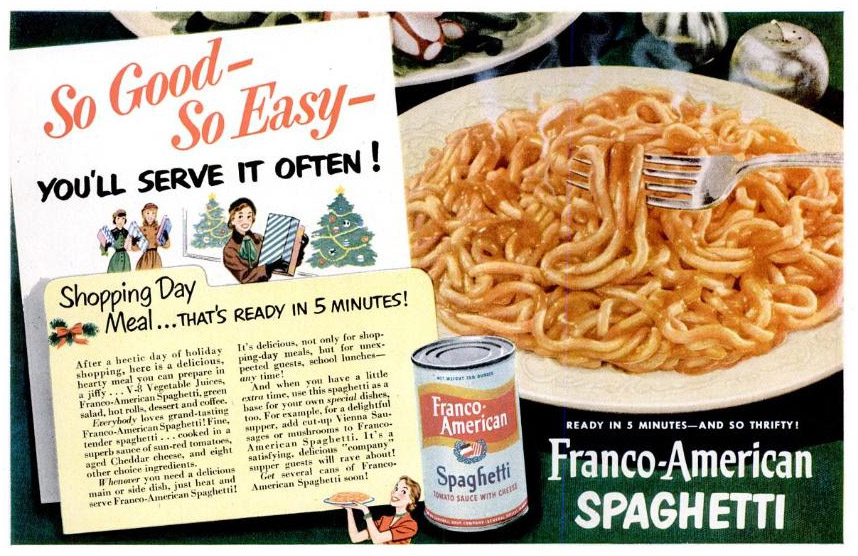
 Honor Moore’s most recent book is The Bishop’s Daughter, a memoir, a finalist for the National Book Critics Circle Award and a Los Angeles Times Favorite Book of the Year and her most recent collection of poems, Red Shoes. Her work has appeared in The New Yorker, The Paris Review, The American Scholar, Salmagundi, The New Republic, Freeman’s and many other journals and anthologies. For the Library of America, she edited Amy Lowell: Selected Poems and Poems from the Women’s Movement, an Oprah summer readings pick which is featured in the current documentary about American feminism, “She’s Beautiful When She’s Angry.” She has been poet in residence at Wesleyan and the University of Richmond, visiting professor at the Columbia School of the Arts and three times the Visiting Distinguished Writer in the Nonfiction Writing Program at the University of Iowa. When she was still in her twenties, Mourning Pictures, her play in poetry about her mother’s death, was produced on Broadway and won her a fellowship from the New York State Council on the Arts. The White Blackbird, A Life of the Painter Margarett Sargent by Her Granddaughter, published in 1996 and just reissued, was a New York Times Notable Book. She lives and writes in New York where she is on the graduate writing faculty of the New School.
Honor Moore’s most recent book is The Bishop’s Daughter, a memoir, a finalist for the National Book Critics Circle Award and a Los Angeles Times Favorite Book of the Year and her most recent collection of poems, Red Shoes. Her work has appeared in The New Yorker, The Paris Review, The American Scholar, Salmagundi, The New Republic, Freeman’s and many other journals and anthologies. For the Library of America, she edited Amy Lowell: Selected Poems and Poems from the Women’s Movement, an Oprah summer readings pick which is featured in the current documentary about American feminism, “She’s Beautiful When She’s Angry.” She has been poet in residence at Wesleyan and the University of Richmond, visiting professor at the Columbia School of the Arts and three times the Visiting Distinguished Writer in the Nonfiction Writing Program at the University of Iowa. When she was still in her twenties, Mourning Pictures, her play in poetry about her mother’s death, was produced on Broadway and won her a fellowship from the New York State Council on the Arts. The White Blackbird, A Life of the Painter Margarett Sargent by Her Granddaughter, published in 1996 and just reissued, was a New York Times Notable Book. She lives and writes in New York where she is on the graduate writing faculty of the New School.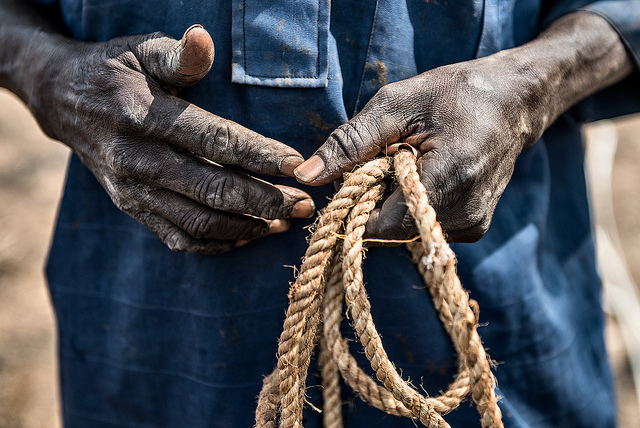
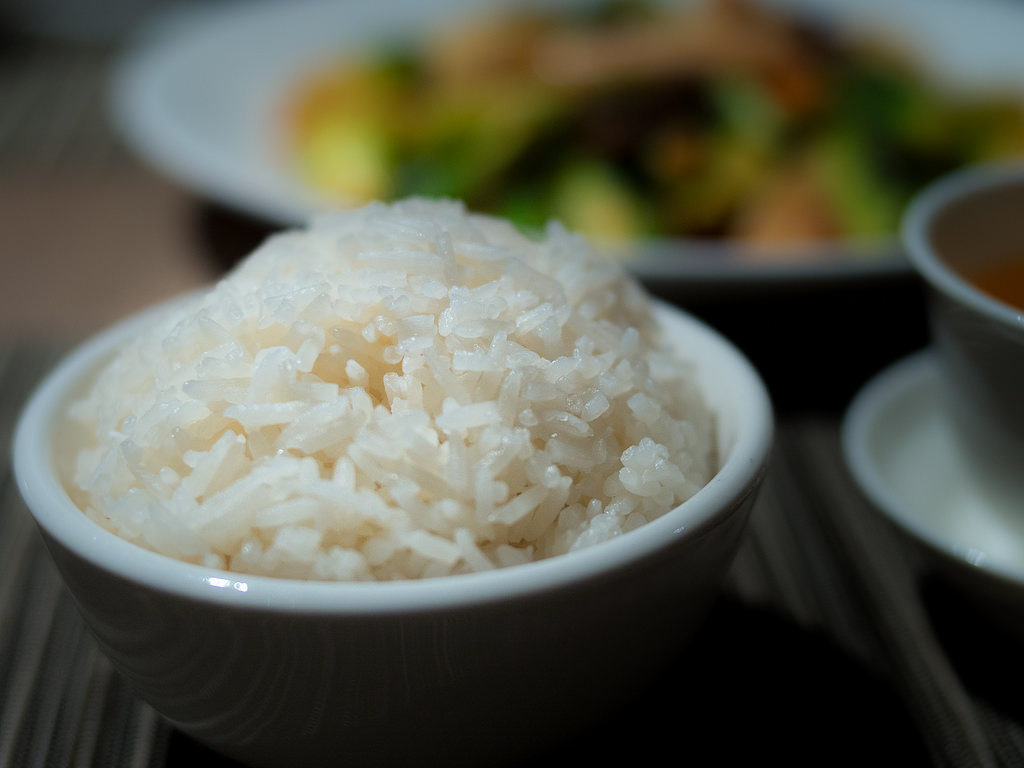

 Daniel Gee Husson is a former newspaper editor and actor. His work has been featured in 12th Street. A recent graduate of the Riggio Honors Program: Writing and Democracy at the New School, he writes fiction, which was once described as “so Gen-X,” and produces documentaries. If you hear somebody laughing, it’s probably him. He lives in Greenpoint, Brooklyn, with his wife.
Daniel Gee Husson is a former newspaper editor and actor. His work has been featured in 12th Street. A recent graduate of the Riggio Honors Program: Writing and Democracy at the New School, he writes fiction, which was once described as “so Gen-X,” and produces documentaries. If you hear somebody laughing, it’s probably him. He lives in Greenpoint, Brooklyn, with his wife.
 José García is a second-year Fiction student at the Creative Writing MFA program at The New School. Born and raised in Guatemala City, where he has worked as a cultural journalist for over eight years. He mostly writes about social issues, family, racism, and migration. He is currently working on a short-story collection that spans the last 70 years of Guatemala, alongside his family’s history.
José García is a second-year Fiction student at the Creative Writing MFA program at The New School. Born and raised in Guatemala City, where he has worked as a cultural journalist for over eight years. He mostly writes about social issues, family, racism, and migration. He is currently working on a short-story collection that spans the last 70 years of Guatemala, alongside his family’s history. 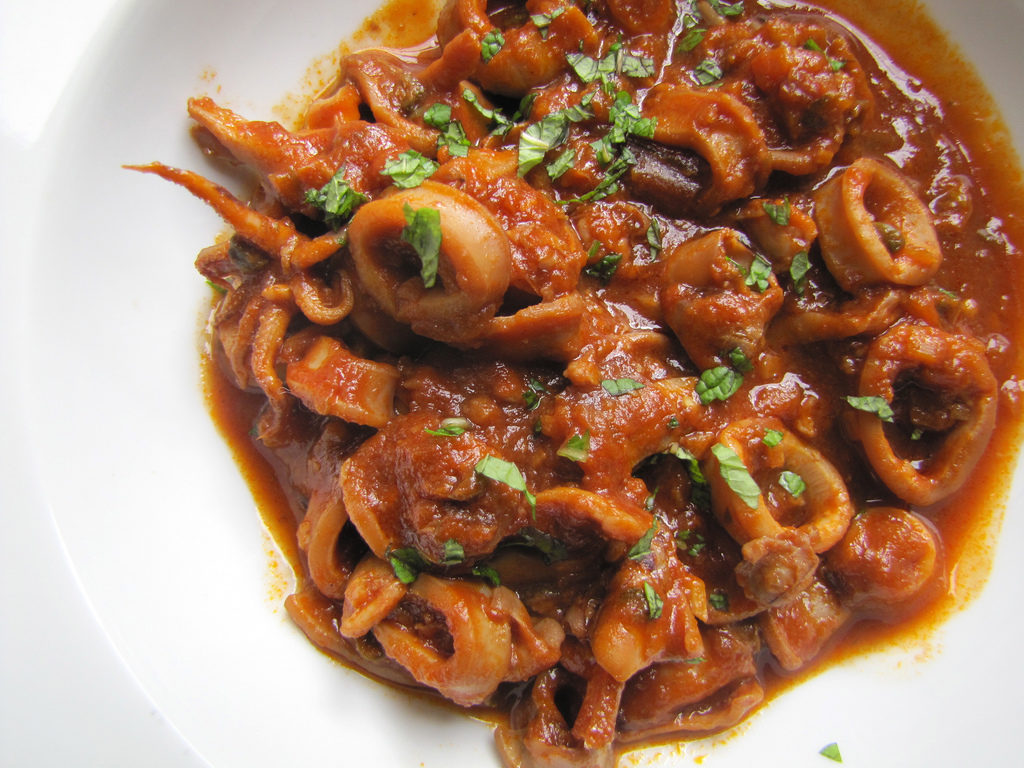
 Mookie Katigbak-Lacuesta is the author of three poetry collections: The Proxy Eros (2008), Burning Houses (2013) and Tropicalia (2016). She obtained an MFA from the New School University in 2002, and has since taught in major universities in Manila. Lacuesta has also edited and co-edited various literary anthologies including Metro Serye, a fold-out zine featuring new fiction, poetry and graphic art; and the forthcoming The Achieve of, The Mastery, with Dr. Gemino Abad. Widely-awarded in the Philippines, she was the Filipino delegate to the 2012 Medellín Poetry Festival and the 2016 Macau Literary Festival. In 2015, she completed a writing residency for the International Writing Program at the University of Iowa.
Mookie Katigbak-Lacuesta is the author of three poetry collections: The Proxy Eros (2008), Burning Houses (2013) and Tropicalia (2016). She obtained an MFA from the New School University in 2002, and has since taught in major universities in Manila. Lacuesta has also edited and co-edited various literary anthologies including Metro Serye, a fold-out zine featuring new fiction, poetry and graphic art; and the forthcoming The Achieve of, The Mastery, with Dr. Gemino Abad. Widely-awarded in the Philippines, she was the Filipino delegate to the 2012 Medellín Poetry Festival and the 2016 Macau Literary Festival. In 2015, she completed a writing residency for the International Writing Program at the University of Iowa.